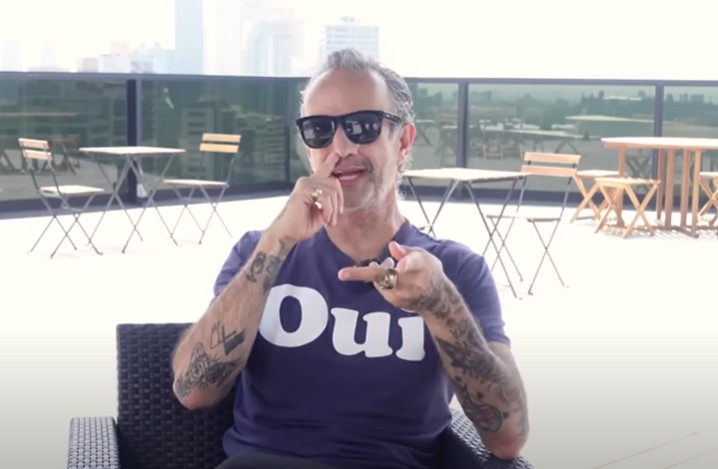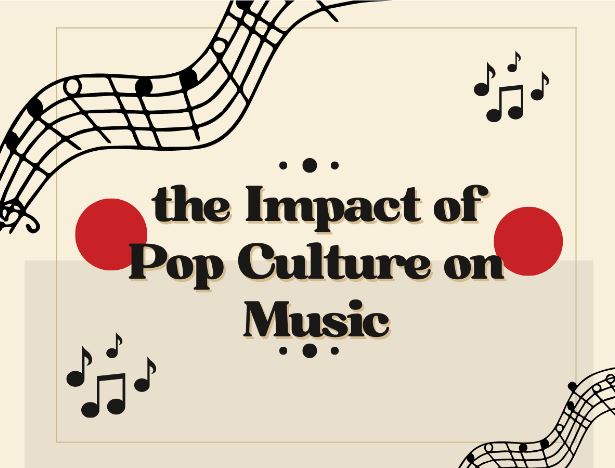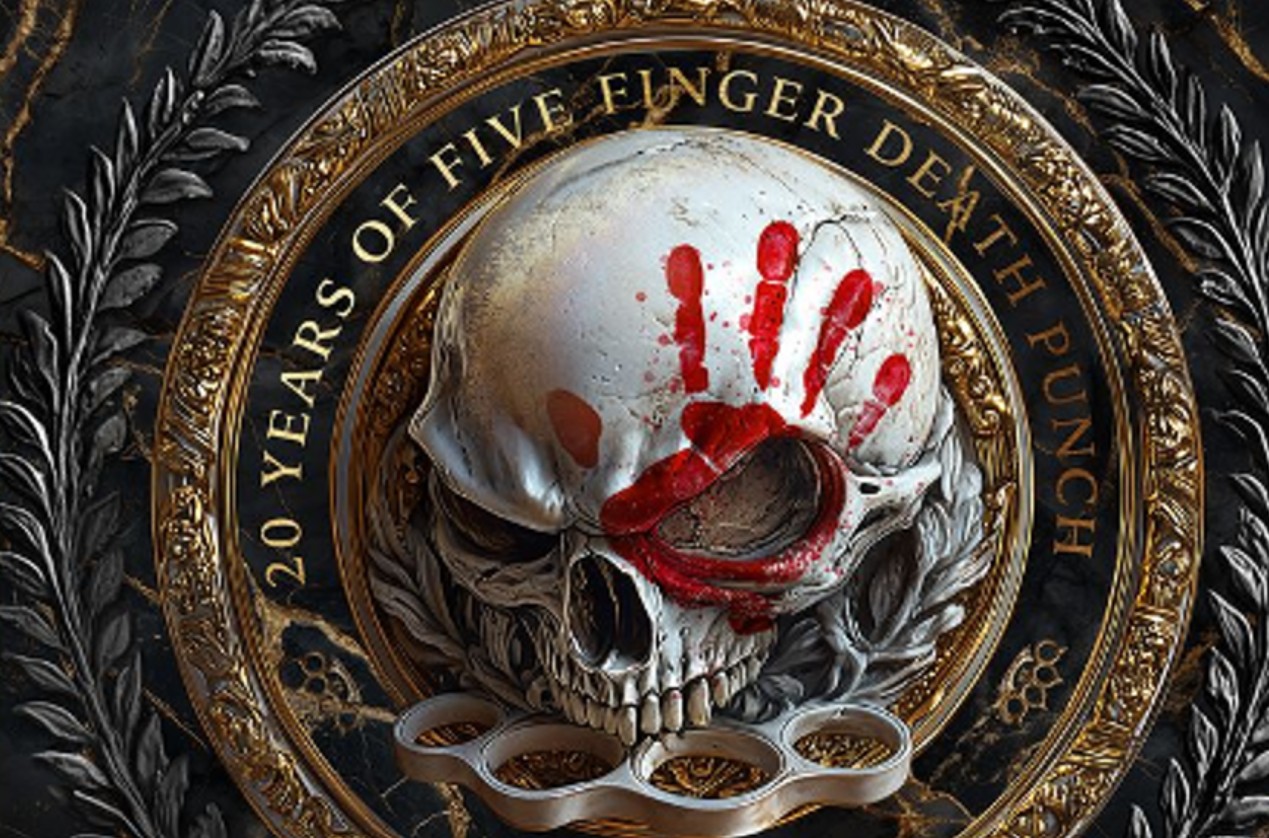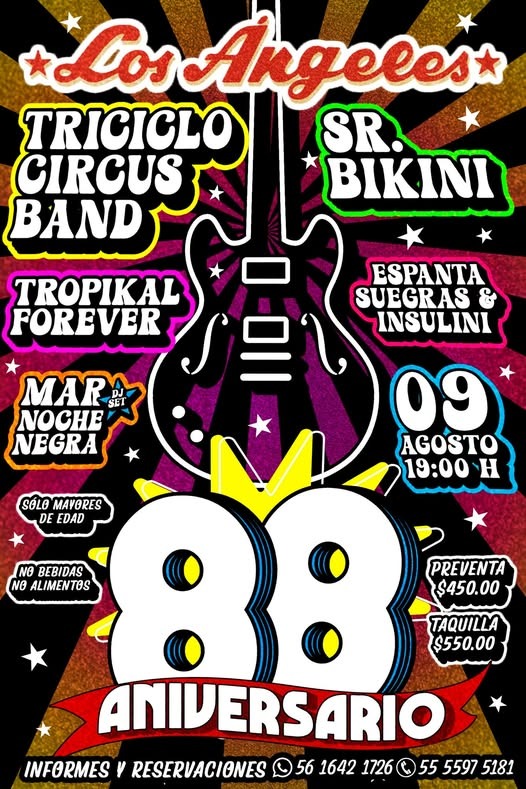
TITO FUENTES habla sobre su actualidad en entrevista con Playboy
Tito Fuentes, líder de Molotov, cuenta a Playboy México sobre su actual estado de salud, el infierno de su adicción y cómo el proyecto “Art Bank” lo h...

Pop culture, or popular culture, refers to the sum of ideas, perspectives, and phenomena that shape mainstream society. Music, an essential part of modern culture, is ever-evolving and reflects the current mood. This article examines the complex interrelationship between pop culture and music, looking at how each impacts the other and how social concerns, technology, and fashion all affect this dynamic.
Music and pop culture has long had a mutually beneficial connection in which both affect and are impacted by the other. Music has the power to represent a particular era, encapsulating its key themes, values, and emotions, while pop culture shapes musical trends, artists, and genres.
For example, if we look at the 60s and the 70s there were musicians like the Beatles who ruled the heart of their fans, then there was someone like Bob Dylan and Jimi Hendrix all of them through their music questioned the then-acceptable musical norms, challenged the preconceived notion and their counterculture movements were widespread.
Themes like civil rights, peace, and equality were addressed in their songs, which represented the social and political realities of the day. Contrarily, popular culture icons like David Bowie and Madonna have had a significant impact on music by creating new genres and redefining existing ones in accordance with their own tastes and personas.
The incorporation of technology has been critical in propelling music to the forefront of modern culture. Starting from the phonograph to the latest streaming services, each technological advancement has revolutionized the way we create and consume music. Furthermore, social media platforms like YouTube, Instagram, and TikTok have remarkably amplified the exposure of musicians, enabling them to reach a larger audience. Streaming services have made it simpler for music consumers to discover new genres and artists throughout the years. This has led to an increase in accessibility to music lessons and education for everyone.
The production of music has also been decentralized thanks to technology, allowing individual performers to create and distribute their work independently of record labels. This shift has led to an explosion of creativity and diversity in music, as artists from various backgrounds and genres gain exposure and influence pop culture.
The relationship between music and fashion is another crucial aspect of their connection to pop culture. Fashion serves as a visual representation of musical genres and subcultures, allowing fans to express their identity and affiliation with their favorite artists. fans have been choosing to dress and express themselves according to the music that they like, be if Hip-Hop or K-Pop or many a time some unconventional genre like Grunge or Punk. No matter what the genre is fans like to embrace that fashion and like to communicate with people with similar interests creating different sections.
Additionally, musicians frequently use fashion as a vehicle for self-expression and creative experimentation. Icons like Prince, Lady Gaga, and Billie Eilish push the limits of fashion and pose social norms as challenges. This interplay between music and fashion contributes to the evolution of pop culture, as trends and styles emerge, morph, and fade away.
Many musicians use their work to spread awareness and motivate action. Music has always been a forum for addressing social concerns and promoting change. Musicians have the ability to spread awareness of significant topics like mental health, gender equality, racial injustice, and the environment through their lyrics, concerts, and public personalities.
By engaging with pop culture, musicians can amplify their messages and reach wider audiences, encouraging conversations and fostering empathy. The fact that music that reflects and tackles contemporary issues evolves along with societal concerns shows how popular culture may function as a catalyst for change.
The impact of pop culture on music is undeniable, shaping the genres, artists, and trends that define each era. Pop culture and music continue to develop and influence one another through technology, fashion, and social concerns, creating a rich and varied musical environment. It will be fascinating to watch how pop culture continues to influence the music business going ahead, as well as how performers use their platforms.

Tito Fuentes, líder de Molotov, cuenta a Playboy México sobre su actual estado de salud, el infierno de su adicción y cómo el proyecto “Art Bank” lo h...

La potencia multiplatino del hard rock FIVE FINGER DEATH PUNCH celebra su 20 aniversario con el lanzamiento de dos colecciones definitivas de g...

Con motivo del 88 aniversario, el icónico Salón Los Ángeles abre nuevamente sus puertas a una variedad de ritmos clásicos y géneros innovadores que no...

reinta y cinco años después del lanzamiento de, “Dr. Feelgood” se erige como el último gran disco de Rock de la década de 1980 y uno de los mejores di...

Lanzarse a una carrera musical es una aventura llena de emociones y desafíos. Con la intensa competencia y el constante cambio en la industria, es fun...

Jerry Cantrell, uno de los músicos más emblemáticos del rock, regresa con I Want Blood, un álbum repleto de su voz y sus melodías de guitarra caracter...